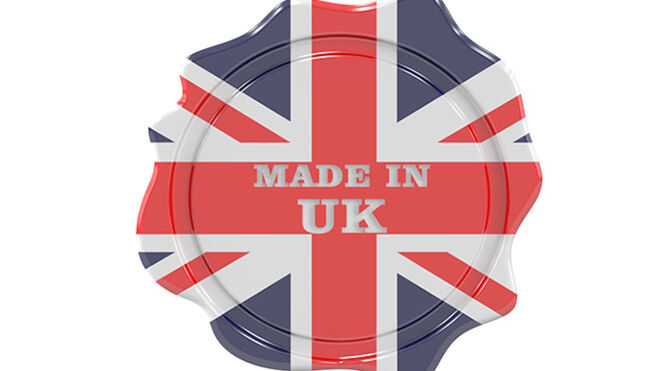Third of manufacturers eyeing post-Brexit relocation
Uncertainties over access to European markets after Brexit are forcing UK manufacturers to consider moving some of their business activities overseas.

Passporting rights
Publication of the survey coincided with comments from Jes Staley, chief executive of Barclays, who said the bank was preparing to shift some business activities – but not necessarily staff – from London to existing offices offices in Dublin, Frankfurt and Milan because of the likelihood that, after Brexit, the UK would lose the passporting rights that enable financial services to operate throughout Europe.Related news:
- Think tank predicts 30,000 London jobs will relocate
- UK businesses opposed to 'cliff edge' exit from the EU
- Lloyd's of London 'favouring move to Luxembourg'
Mr Staley told the BBC that, while he expects the majority of staff to remain in London, changes to the bank's legal structure could be necessary, including making Dublin the headquarters of its European operations. He added, "We believe London is the financial centre for Europe today and we believe, in the end, it will continue to be."He made the comments after Barclays revealed that bottom-line group profits had nearly trebled to £3.23 billion from £1.15 billion a year earlier, mainly as a result of a 4 per cent rise in underlying pre-tax profits (to £6.4 billion) from its two core businesses – Barclays UK and Barclays International.
Car production reaches nine-year high
The importance of global markets to UK manufacturers was also emphasised by the Society of Motor Manufacturers and Traders (SMMT) on Thursday as it revealed that car production in Britain increased last month to its highest January figure for nine years.A total of 147,922 cars were built, a 7.5 per cent rise on January 2016, driven by a 10.8 per cent rise (to 117,916 vehicles) in exports at a time of weakening home demand.Mike Hawes, SMMT chief executive, said, "UK car manufacturing made a very positive start to the year, carrying on the strong performance from 2016. These latest results highlight, once again, the export-led nature of our industry and the global appeal of our products."Future growth will depend upon maintaining our competitiveness, not least in terms of securing a future trade deal with the EU that allows us tariff-free access to our biggest market and the ability to move goods freely, unimpeded by any bureaucratic restrictions."For related news and features, visit our Brexit section.Access hundreds of global services and suppliers in our Online Directory Get access to our free Global Mobility Toolkit
Get access to our free Global Mobility Toolkit 
©2024 Re:locate magazine, published by Profile Locations, Spray Hill, Hastings Road, Lamberhurst, Kent TN3 8JB. All rights reserved. This publication (or any part thereof) may not be reproduced in any form without the prior written permission of Profile Locations. Profile Locations accepts no liability for the accuracy of the contents or any opinions expressed herein.
































